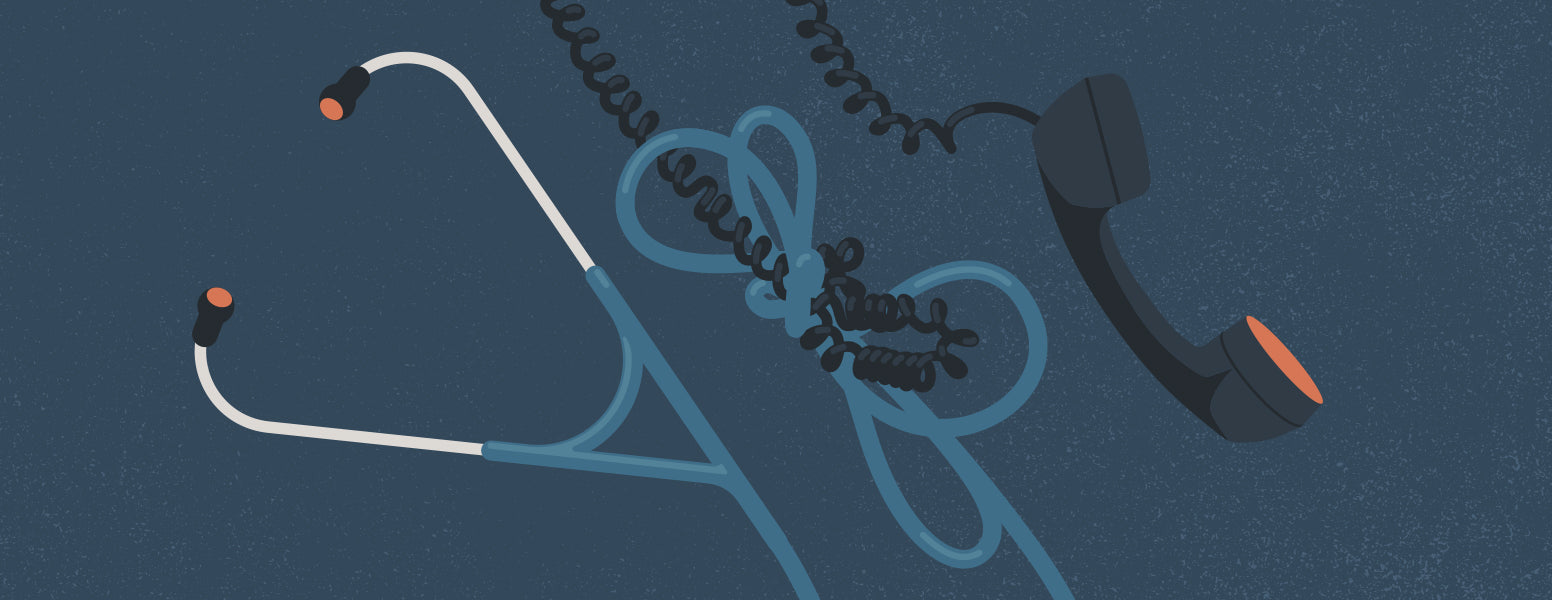Liability Concerns
Speaking of staying out of trouble, liability concerns are top of mind when veterinarians think about telemedicine. Is the concern valid?
[Jessica Trimble] Liability is the biggest question I hear when veterinarians ask about the practical implementation of telehealth within their own practices. They just don't believe they can do it without getting sued. What many don't realize is that in the vast majority of states, telemedicine is legal with an established VCPR. Some states have made their VCPR laws vague. I think these states are trying to encourage veterinarians to explore telemedicine, but providers are worried about making a misstep and losing their license forever.
I think we need more education for veterinarians about what would happen if they provided telemedicine and something did go wrong. For example, who's at fault if a pet owner tells the veterinarian their dog has a certain clinical sign but leaves out a lot of information and the veterinarian makes a decision based on the info provided?
"What many don't realize is that in the vast majority of states, telemedicine is legal with an established VCPR."
— Jessica Trimble
[Lori Teller] Telemedicine platforms give veterinarians the ability to capture those client conversations. If a veterinarian is negligent, the conversation has been captured. On the flip side, a veterinarian could be doing everything appropriately, but the client may be less than truthful. If something developed adversely, the documentation from the telemedicine visit could be used to support the veterinarian or client.
[James Penrod] The evolving nature of technology in telemedicine along with easier access to medical records are some of the reasons the AAVSB recommends opening up the law a bit. State boards include your peers, veterinarians and veterinary technicians to provide subject matter expertise. If a state board is evaluating a complaint, the members look at the evidence and consider what 10 other veterinarians would do in a comparable case. Because state boards are primarily made up of veterinarians, they're going to hold the standard of care that's current at the time. As the standard evolves based on technology and changes in practice, more open laws provide the freedom for the profession to evolve as well.
"Technology and consumer demands are evolving much faster than the regulations around our profession ..."
— Jessica Trimble
[JT] Technology and consumer demands are evolving much faster than the regulations around our profession, and that dichotomy will continue to be an issue unless state boards are willing to speed things up a bit. I can agree and disagree with the statement of state boards being a collection of my peers.
Being a graduate who's about six years out and who is on the forward end of pushing for change, I wouldn't say all board members are my peers in terms of their thinking. If I believe telemedicine could be beneficial for my patients, but some board members don't believe it should be practiced without a hands-on VCPR, then we're stuck. We have to find ways to help some members of our profession who have been doing things the same way for 50 years understand that the world and technologies are changing and that they have to be open to letting those changes happen. This has personally been a struggle for me.
[LT] I share that struggle. Another point is that veterinarians continue to complain about social media. The number of non-veterinarians in various social media outlets giving what basically amounts to veterinary advice is very frustrating. Of course, veterinarians don't want to engage on an unstructured social media platform where they're not getting paid. Telemedicine could help alleviate this issue by giving veterinarians an outlet to use technology the public is already using.
